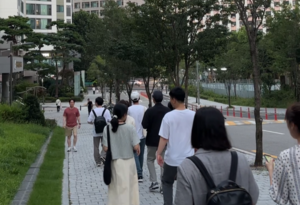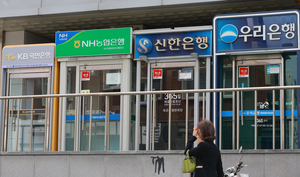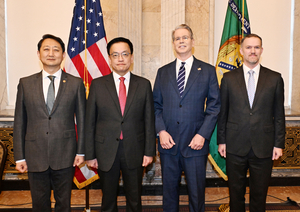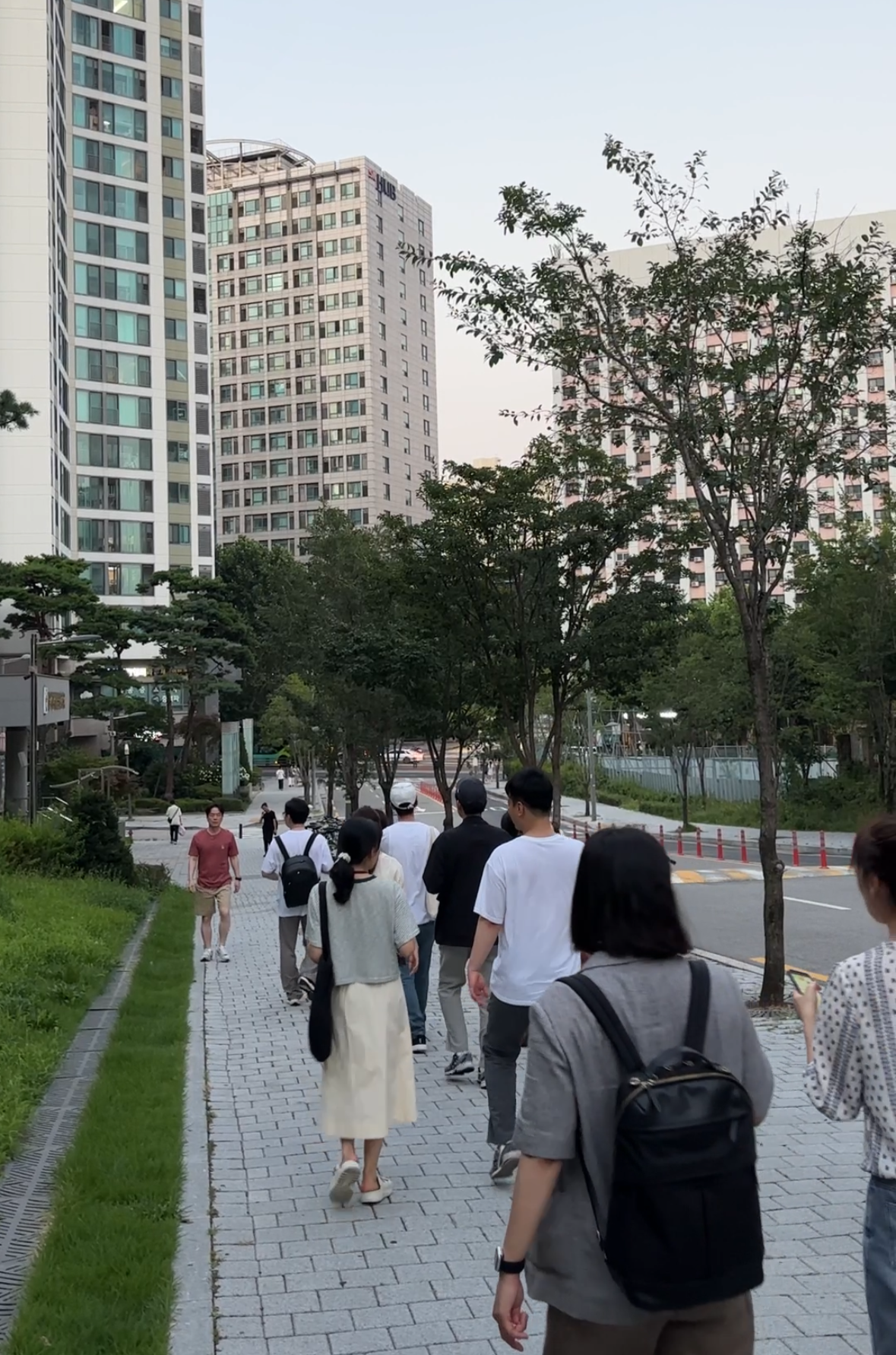
Workers in 20s, 30s feel more uncertain than ever — some say, ‘no hope on my salary’
Twenty-eight-year-old Kim goes on a five-hour trip to Ulsan, or any other region, as soon as she gets off work on a weekday. Not for a tour or visit to a friend, but for property viewing.
“I get off at work at 6 p.m. then head to Seoul station to go for ‘Imjang’ — a Korean term for site visit or field research on real estate properties — at different regions,” she told The Korea Herald.
This, however, is not for a house she would live in, but for a way of making an investment. During the investment lessons she took, paying as much as 10 million won ($7,400) over the past two years, she learned that “the only way to make money is to invest in property in South Korea.”
Kim believes the so-called “gap investment” is the only option she has to make money with the limited monthly salary she gets. Gap investment is a unique form of property investment in South Korea that leverages the country’s distinct “jeonse” housing system, which is a traditional Korean rental system where tenants pay a large lump-sum deposit, often 60–80 percent of the property’s value, instead of monthly rent.
The landlord holds this deposit for the duration of the lease — usually two years — and returns the full amount at the end of the contract. And gap investment refers to buying a property by paying only the difference (“gap”) between the property’s market price and the jeonse deposit.
For example, if an apartment is worth 1.7 billion won, and the jeonse deposit is 1 billion won, the investor only needs 700 million won to acquire ownership, either in cash or via loans.
Through this method, Kim has two houses in Ulsan worth 600 million won, with only putting her 100 million won. To have what she has now, Kim has spent every weekend and the entire day walking over 20 kilometers to check the neighborhoods, for environment, school, and closeness to public transportation and to facilities — all the elements one must see to buy a house.
“Taking all my free time to study and go for Imjang is not easy. I am sacrificing my youth for a stable life in the future. And to have that stable life, it’s absolutely impossible with my current salary,” she said.
“I earn 4 million won a month, and the apartments in Seoul cost over 2 billion. Even if I don’t spend a penny of my salary and save them all, it will take over 40 years to buy the house, which at the time then would be much more expensive.”
Strategic sacrifice
Kim is not alone. A growing number of young South Koreans are turning to aggressive investment tactics, seeking financial stability in the face of an uncertain future. Informal “imjang crews” now walk neighborhoods together, sharing information and strategies. The online platform where Kim learned her skills, Weolbu, short for “salaried and rich,” has ballooned to over 1.5 million users in less than 18 months — 10 times its size in 2023. The company’s profits more than doubled, from 18.3 billion won in 2022 to 50.8 billion won in 2024.
“Becoming a ‘Weolbu’ — a financially secure salaried worker — is my dream,” said 30-year-old Choi Hyun-sik, who is currently enrolled in an investment course. “I want to use my salary as a baseline and earn more through smart investments, so I can afford a house and prepare for retirement.”
This rise in financial self-discipline is not confined to courses and walking tours. Social media is fueling the trend.
Aptrashu, a popular Instagram influencer focused on real estate investment strategies, particularly gap investment, has amassed over 70,000 followers — 80 percent of them in their 20s and 30s.
Aptrashu attributes the current investment craze to the fear young Koreans experienced as the COVID-19 pandemic roiled the economy.
“In 2021, there was a hike in real estate in South Korea. Due to COVID-19, the government released a lot of funds, for small businesses and those who lost their jobs. With the added liquidity, the value (of money) dropped and housing prices skyrocketed. The government put restrictions in place to contain he sudden rise, but people flocked to apartments without restrictions, which led to demand soaring in such areas, leading to higher prices,” he explained.
The psychological effect, he noted, was profound. “Many in my generation felt an urgency: If we don’t act now, we’ll never catch up.”
“When the price of apartments skyrocketed in 2021, many people thought they would never be able to buy a house in their lifetimes. The sudden gap between those who own a house and those who don’t widened, and many young people began to think they had to prepare for the future fast,” he explained.
And it’s not any house. It’s an apartment in Seoul that many wish to own, he added. For many, the ultimate goal is owning an apartment in Seoul — a symbol of success, security, and adulthood in South Korean society.
“Seoul apartments carry enormous symbolic weight,” said Aptrashu. “They aren’t just a place to live. They’re a milestone — something that proves you’ve made it.”
Unlike speculative cryptocurrency frenzies or meme stock booms, this investment behavior is deeply rooted in structural fear — particularly about aging.
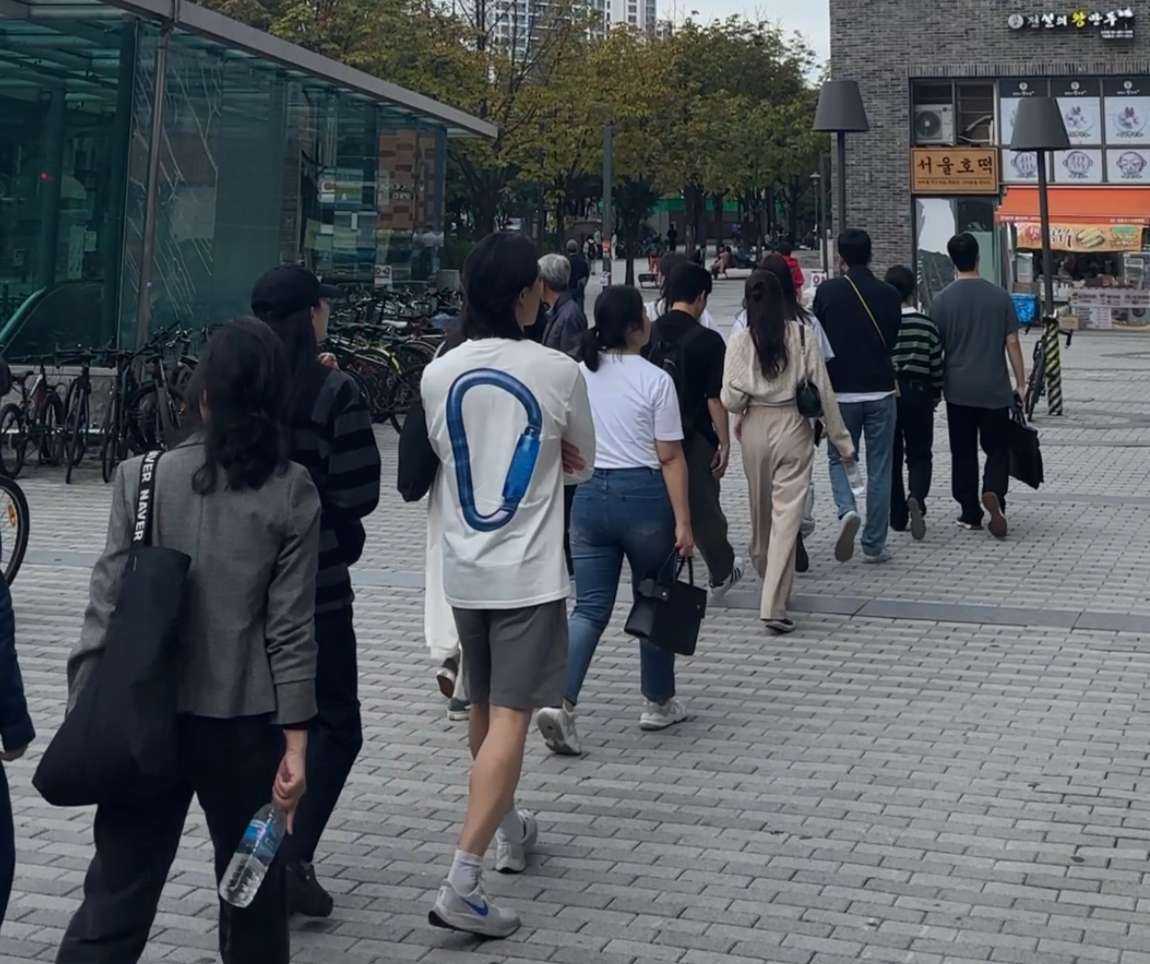
Hopeless future
Many young Koreans are scared of their future than ever.
South Korea has one of the world’s highest elderly poverty rates among advanced economies. According to the OECD, 40.4 percent of South Koreans aged 66 and over lived in relative poverty as of 2020 — defined as earning less than half the national median income. That’s nearly three times the OECD average and significantly higher than comparable countries: Japan (20.2 percent), the US (22.8 percent), and Estonia (34.6 percent).
For many young South Koreans, this is a harrowing glimpse of their own future.
“The fear is real,” said professor Yoon In-jin, a sociologist at Korea University. “Young people today are more realistic, more individualistic. They know the economy isn’t growing like it did in the past. They doubt pensions will still be solvent when they retire. They can’t rely on the government or the system. So they turn to property.”
Yoon points to a shift in generational values. “Their parents lived through high-growth decades. They (parents) believed that if you worked hard and saved, you’d be okay. That belief doesn’t hold anymore. Today’s young adults are raised in smaller families, often as only children, and they’ve grown up with strong parental support — but in a society that’s no longer economically expanding.”
This inward focus, while understandable, carries risks.
“I worry about where this hyper-individualism could lead,” Yoon said. “We’re seeing growing hostility toward immigrants, people with disabilities, even other young people perceived to be getting help. It’s not just indifference — it’s turning into resentment.”
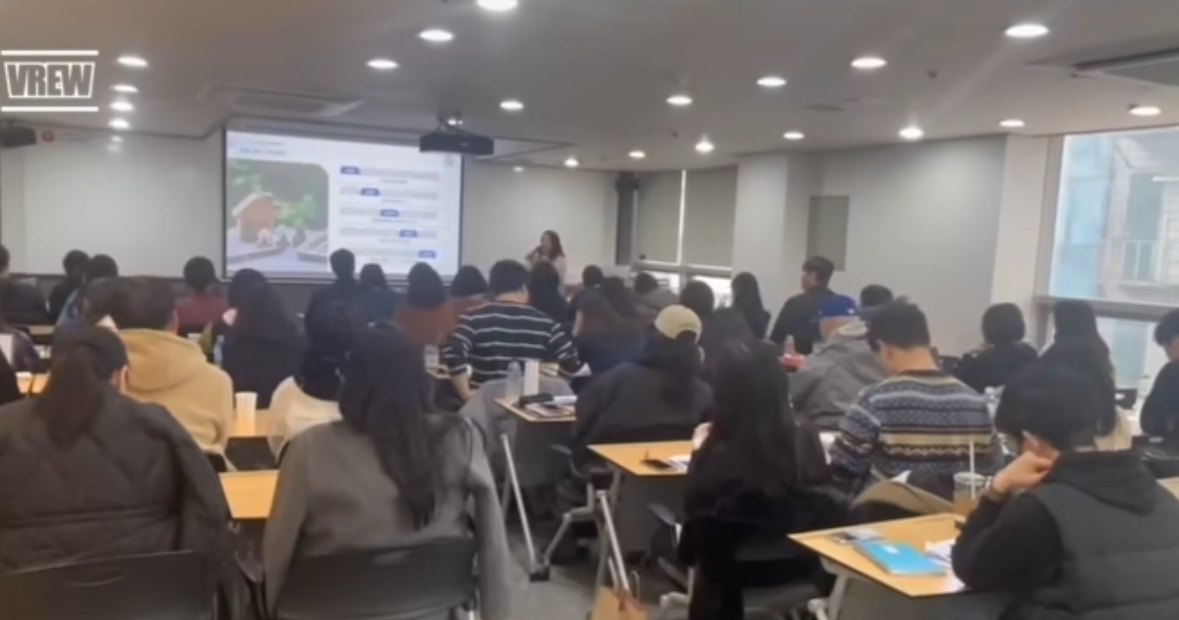
jychoi@heraldcorp.com

